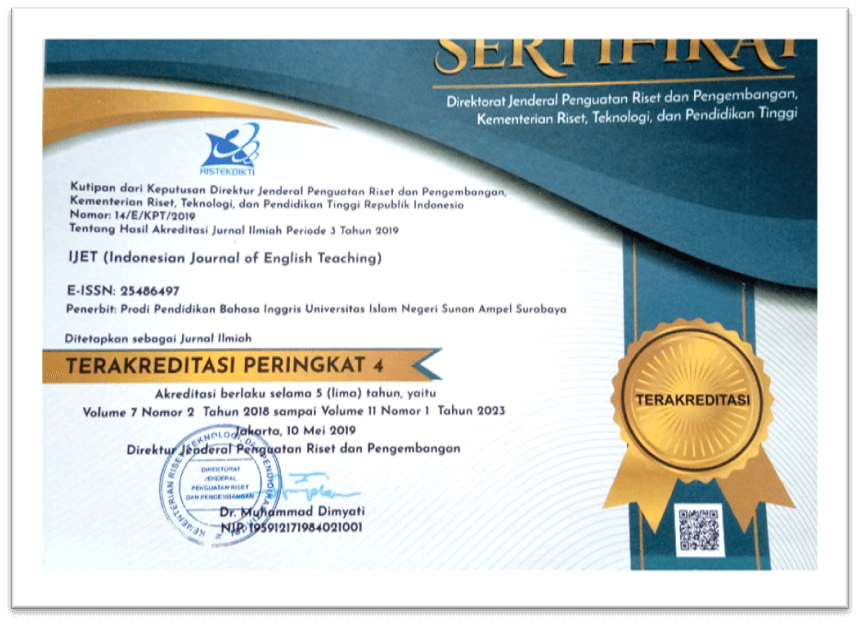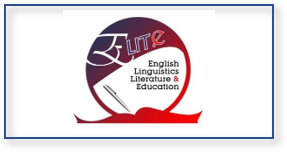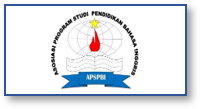Self-Efficacy of Lecturers and Students in Academic Writing: Are there any differences?
DOI:
https://doi.org/10.15642/ijet2.2023.12.1.12-26Keywords:
self efficacy, academic writingAbstract
Self-efficacy is a critical component of academic article writing. Numerous studies have demonstrated that self-efficacy affects reading comprehension, but few have examined the level of self-efficacy between students and lecturers regarding academic writing. Consequently, this study sought to ascertain students' and lecturers' levels of self-efficacy in academic writing. By administering questionnaires and conducting interviews with students and teachers, this study takes an explanatory mixed-methods approach to the topic. The online survey assesses self-efficacy in academic writing, and students and lecturers complete unstructured interviews. The study enrolled eighty students and eighteen lecturers from the English Department of UIN Sunan Ampel Surabaya. The results indicate that students enrolled in the English Language Education and English Literature Study Programs have a moderate level of self-efficacy. The self-efficacy of lecturers in the English Language Education and English Literature Study Programs demonstrates similar results. Additionally, they are moderate, with a slightly higher average index. This study also discusses the implications of research in the field of education
Downloads
References
Adelodun, G. A., & Asiru, A. B. (2015). Academic self-efficacy and gender as determinants of performance in English discourse writing among high achieving students in Ibadan, Oyo State. European Scientific Journal. Citeseer. Retrieved from http://citeseerx.ist.psu.edu/viewdoc/download?doi=10.1.1.984.1376&rep=rep1&type=pdf
Bandura, A. (2012). On the functional properties of perceived self-efficacy revisited. journals.sagepub.com. https://doi.org/10.1177/0149206311410606
Corkett, J., Hatt, B., & Benevides, T. (2011). Student and teacher self-efficacy and the connection to reading and writing. … Journal of Education/Revue Canadienne de l …. Retrieved from https://www.jstor.org/stable/pdf/canajeducrevucan.34.1.65.pdf
Creswell, W. J. (2012). Educational research : planning, conducting, and evaluating quantitative and qualitative research. Boston: Pearson Education.
Creswell, W. J., & Creswell, J. D. (2018). Research Design: Qualitative, Quantitative adn Mixed Methods Approaches. In Journal of Chemical Information and Modeling (Vol. 53). Retrieved from file:///C:/Users/Harrison/Downloads/John W. Creswell & J. David Creswell - Research Design_ Qualitative, Quantitative, and Mixed Methods Approaches (2018).pdf%0Afile:///C:/Users/Harrison/AppData/Local/Mendeley Ltd./Mendeley Desktop/Downloaded/Creswell, Cr
Hashemnejad, F, Zoghi, M., & ... (2014). The Relationship between Self-efficacy and Writing Performance across Genders. Theory & Practice in …. academypublication.com. Retrieved from http://www.academypublication.com/issues/past/tpls/vol04/05/24.pdf
Hashemnejad, Felor, Zoghi, M., & Amini, D. (2014). The relationship between self-efficacy and writing performance across genders. Theory and Practice in Language Studies, 4(5), 1045–1052. https://doi.org/10.4304/tpls.4.5.1045-1052
Holmes, M. E. (2016). Sources of self-efficacy information for writing: a qualitative Inquiry. digitalcommons.unl.edu. Retrieved from https://digitalcommons.unl.edu/cehsdiss/260/
Huang, C. (2016). Achievement goals and self-efficacy: A meta-analysis. Educational Research Review. Retrieved from https://www.sciencedirect.com/science/article/pii/S1747938X1630029X
Majidifar, S., & Oroji, M. R. (2015). The Relationship among test anxiety, self-efficacy, and writing performance among Iranian intermediate EFL learners. International Journal of Language and …. article.ijolal.org. Retrieved from http://article.ijolal.org/pdf/10.11648.j.ijll.20150306.11.pdf
Mascle, D. D. B. (2013). Writing self-efficacy and written communication skills. Business Communication Quarterly. https://doi.org/10.1177/1080569913480234
Mizumoto, A. (2011). Exploring the effects of self-efficacy on vocabulary learning strategies. Reading. sisaljournal.org. Retrieved from https://sisaljournal.org/archives/dec12/mizumoto/?like=1&source=post_flair&_wpnonce=e94a57fbb5
Pajares, Frank, & Graham, Laura. (1999). Self-efficacy, motivation constructs, and mathematics performance of entering middle school students.pdf. Contemporary Educational Psychology, 24, 124–139.
Raoofi, S. (2014). L2 writing self-efficacy, task-value, and strategies of Malaysian undergraduate students. Unpublished Doctoral Dissertation.) Serdang …. psasir.upm.edu.my. Retrieved from http://psasir.upm.edu.my/id/eprint/70084/1/FBMK 2014 64 - IR.pdf
Raoofi, S., Tan, B. H., & Chan, S. H. (2012). Self-Efficacy in Second/Foreign Language Learning Contexts. English Language Teaching. Retrieved from https://eric.ed.gov/?id=EJ1080058
Su, Y., Zheng, C., Liang, J. C., & Tsai, C. C. (2018). Examining the relationship between English language learners’ online self-regulation and their self-efficacy. Australasian Journal of Educational …. Retrieved from https://ajet.org.au/index.php/AJET/article/view/3548
Sun, T., & Wang, C. (2020). College students’ writing self-efficacy and writing self-regulated learning strategies in learning English as a foreign language. System. Retrieved from https://www.sciencedirect.com/science/article/pii/S0346251X19308991
Tsang, S. K. M., Hui, E. K. P., & Law, B. (2012). Self-efficacy as a positive youth development construct: a conceptual review. The Scientific World Journal. hindawi.com. Retrieved from https://www.hindawi.com/journals/tswj/2012/452327/
Wang, C., & Sun, T. (2020). Relationship between self-efficacy and language proficiency: A meta-analysis. System, 95. https://doi.org/10.1016/j.system.2020.102366
White, S. T. (2014). A Case Study of Perceived Self-Efficacy in Writing Center Peer Tutor Training. scholarworks.boisestate.edu. Retrieved from https://scholarworks.boisestate.edu/td/836/
Woodrow, L. (2011). College English writing affect: Self-efficacy and anxiety. System. Retrieved from https://www.sciencedirect.com/science/article/pii/S0346251X11001278
Wyatt, M., & Dikilitaş, K. (2021). English language teachers’ self-efficacy beliefs for grammar instruction: implications for teacher educators. The Language Learning Journal. https://doi.org/10.1080/09571736.2019.1642943
Yan, J. X., & Horwitz, E. K. (2008). Learners’ perceptions of how anxiety interacts with personal and instructional factors to influence their achievement in english: A qualitative analysis of EFL learners in China. Language Learning, 58(1), 151–183. https://doi.org/10.1111/j.1467-9922.2007.00437.x










